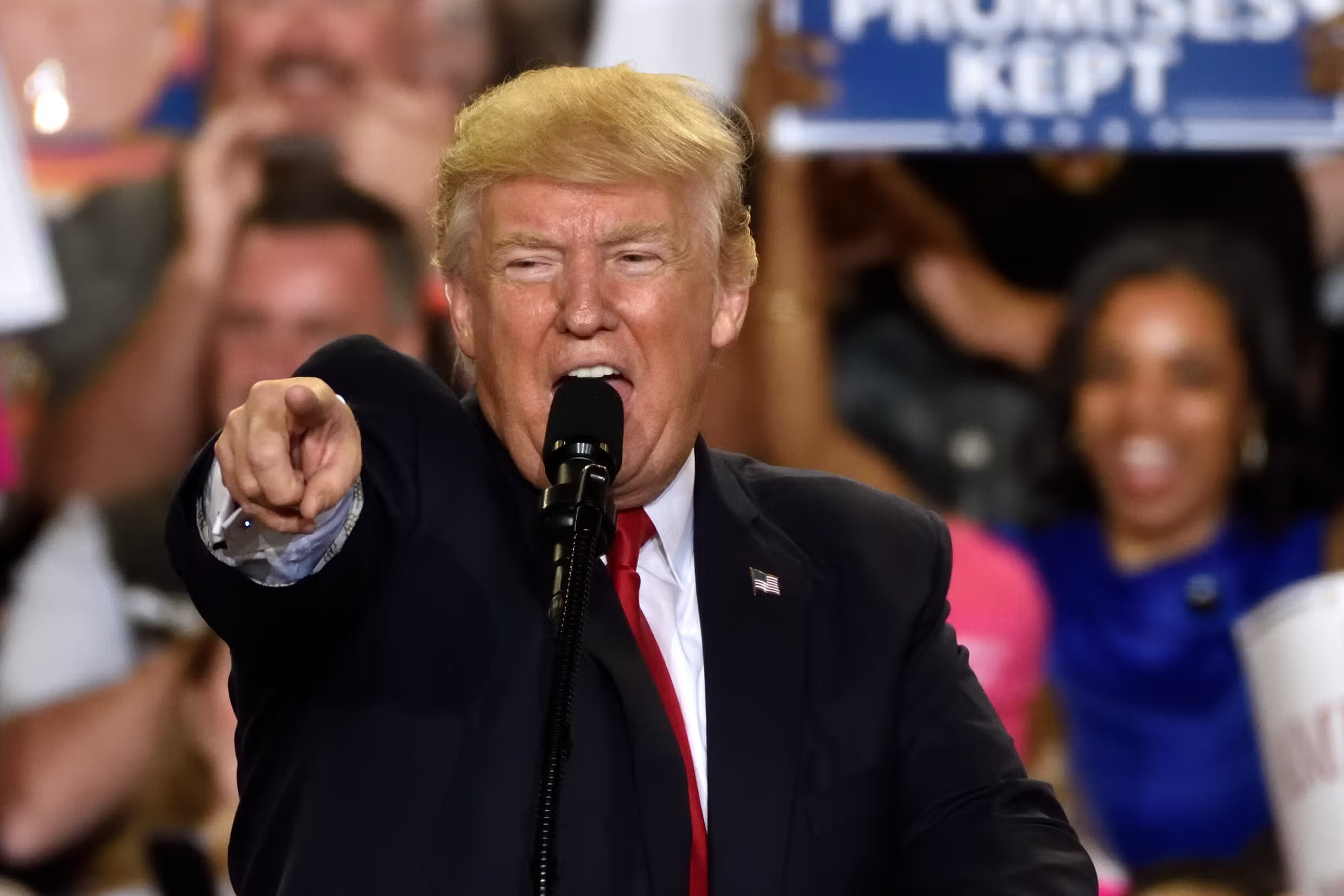ARTICLE AD
New legislation aims to streamline investment tax rules and curb evasion.
A new bill introduced by the Brazilian administration imposes a 22.5% rate on residents of tax havens, with crypto investments being embraced by it, as reported by local news outlet Folha de São Paulo. Brazilian Finance Minister Fernando Haddad announced the legislation, which seeks to address tax evasion by closing loopholes that benefit those residing in tax havens.
The proposed changes, which are expected to be neutral in terms of revenue impact, will not alter existing tax rates but will clarify the definition of tax havens and ensure transparency.
The bill, set to take effect in 2025 if passed by Congress, maintains the 15% tax rate on foreign investments. These jurisdictions are characterized by low or no income tax and a lack of transparency.
The reform will also regulate the taxation of crypto assets, applying a rate of up to 22.5% to align with financial investment rules. Additionally, the government plans to simplify tax calculations for stock market investors and close loopholes in investment fund taxation.
First tax aimed at crypto in Brazil
In 2019, the Brazilian IRS introduced the ‘Normative Instruction 1888′, which creates rules for crypto investors to report their trading activity on foreign exchanges. However, it didn’t create new tax laws, with the capital gains tax of 15% being applied to investors.
This new bill could create the first crypto-focused tax in Brazil, known for its regulators’ positive stance towards crypto. The Brazilian Central Bank is preparing to launch the test phase of Drex, its blockchain infrastructure built to streamline the country’s financial markets. Differently from other central bank digital currencies (CBDC) project, the Drex is heavily inclined towards tokenization of real-world assets.
Moreover, the Brazilian Securities and Exchange Commission also fosters RWA tokenization growth, as well as the presence of crypto in multi-market funds traded in the country.
As a result, Brazil is the seventh largest country in crypto adoption, according to Chainalysis’ “The 2023 Geography of Cryptocurrency Report.” Yet, this new taxation pressure might put some weight over investors shoulders.
The information on or accessed through this website is obtained from independent sources we believe to be accurate and reliable, but Decentral Media, Inc. makes no representation or warranty as to the timeliness, completeness, or accuracy of any information on or accessed through this website. Decentral Media, Inc. is not an investment advisor. We do not give personalized investment advice or other financial advice. The information on this website is subject to change without notice. Some or all of the information on this website may become outdated, or it may be or become incomplete or inaccurate. We may, but are not obligated to, update any outdated, incomplete, or inaccurate information.
Crypto Briefing may augment articles with AI-generated content created by Crypto Briefing’s own proprietary AI platform. We use AI as a tool to deliver fast, valuable and actionable information without losing the insight - and oversight - of experienced crypto natives. All AI augmented content is carefully reviewed, including for factural accuracy, by our editors and writers, and always draws from multiple primary and secondary sources when available to create our stories and articles.
You should never make an investment decision on an ICO, IEO, or other investment based on the information on this website, and you should never interpret or otherwise rely on any of the information on this website as investment advice. We strongly recommend that you consult a licensed investment advisor or other qualified financial professional if you are seeking investment advice on an ICO, IEO, or other investment. We do not accept compensation in any form for analyzing or reporting on any ICO, IEO, cryptocurrency, currency, tokenized sales, securities, or commodities.

 9 months ago
54
9 months ago
54 

